
Using AI tools to personalize learning content
In the context of digital transformation taking place strongly around the world, artificial intelligence (AI) is increasingly asserting its important role in the field of education . One of the most prominent applications today is the ability to personalize learning content, helping each learner access the program that suits their own abilities, interests and speed.
This is not only a technological solution, but also a driving force for innovation in educational methods in the digital age.
Personalized learning
Personalized learning is not a new concept. Previously, it relied heavily on teacher observation and manual adjustments, making it difficult to implement at scale. With the help of AI, this process has become automated and scalable to millions of learners at once.
AI is capable of collecting and analyzing individual learning data, from scores, assignment completion speed, study time to how they interact with content.
From there, the system builds a detailed learning profile, helps adjust the appropriate learning path, recommends personalized content, provides timely feedback, and optimizes the entire learning experience for each learner.
In fact, today anyone can easily access AI-enabled learning platforms to personalize their learning.
According to Tuoi Tre Online , learners can use online learning platforms such as Coursera, Khan Academy, Udemy, Duolingo or foreign language learning applications such as Elsa Speak. These platforms all integrate AI to help analyze learning data and adjust appropriate content.
Alternatively, deep skilling platforms like LinkedIn Learning or Skillshare also use AI to suggest courses that match your career goals and personal learning history.
Outstanding benefits
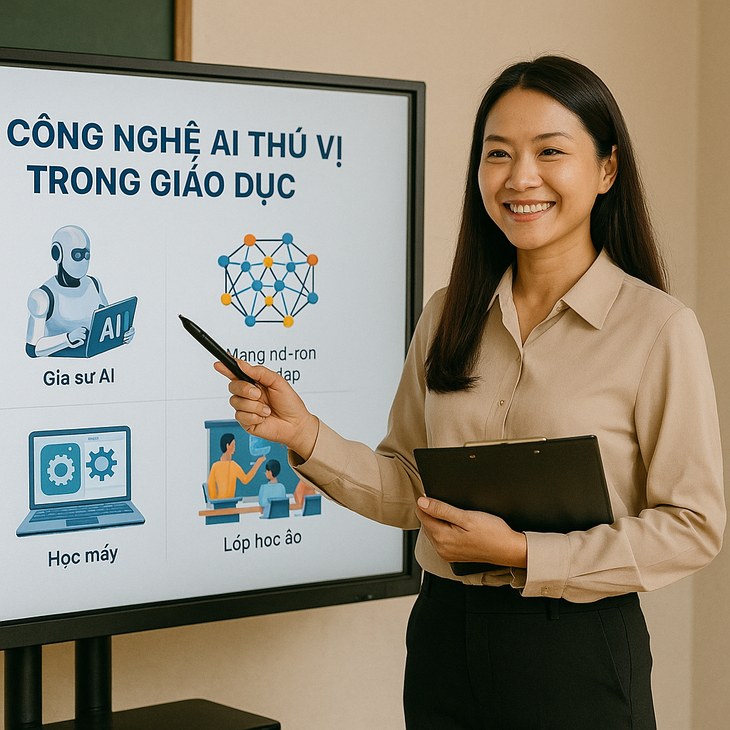
Applying AI technology to education in the new trend.
Applying AI to personalized learning helps learners access content that matches their abilities and interests, thereby improving learning efficiency and inspiring a love of learning. Teachers have more tools to track each student's progress and have more time to spend on creative teaching activities.
In addition, personalized learning also helps reduce differentiation in the classroom and encourages learners to develop self-learning skills, in line with the trend of lifelong learning that is becoming increasingly popular.
The challenges
Despite the many opportunities, implementing AI in education also faces many challenges. One of the most important issues is privacy and personal data security. Collecting and analyzing large volumes of student data requires platforms to strictly adhere to security regulations.
In addition, building a high-quality AI system requires significant financial and human resources. Changing teachers' thinking and teaching methods is also a challenge, to ensure that AI only plays a supporting role and does not lose the value of teachers in the educational process.
The Future of Personalized Education
Education experts say that AI will not replace teachers, but will become a powerful assistant, helping to personalize learning for each student. In the future, each student may have a virtual tutor accompanying them, making learning more flexible, effective and engaging.
From primary to tertiary education and lifelong learning, AI-powered personalization of learning content is expected to continue to be one of the key drivers of fundamental and comprehensive innovation in the education sector in the coming years.
Source: https://tuoitre.vn/ca-nhan-hoa-noi-dung-hoc-tap-voi-giao-vien-4-0-2025061710205773.htm



![[Photo] Politburo works with the Standing Committee of Cao Bang Provincial Party Committee and Hue City Party Committee](https://vphoto.vietnam.vn/thumb/1200x675/vietnam/resource/IMAGE/2025/8/28/fee8a847b1ff45188749eb0299c512b2)
![[Photo] General Secretary To Lam attends the opening ceremony of the National Achievements Exhibition](https://vphoto.vietnam.vn/thumb/1200x675/vietnam/resource/IMAGE/2025/8/28/d371751d37634474bb3d91c6f701be7f)
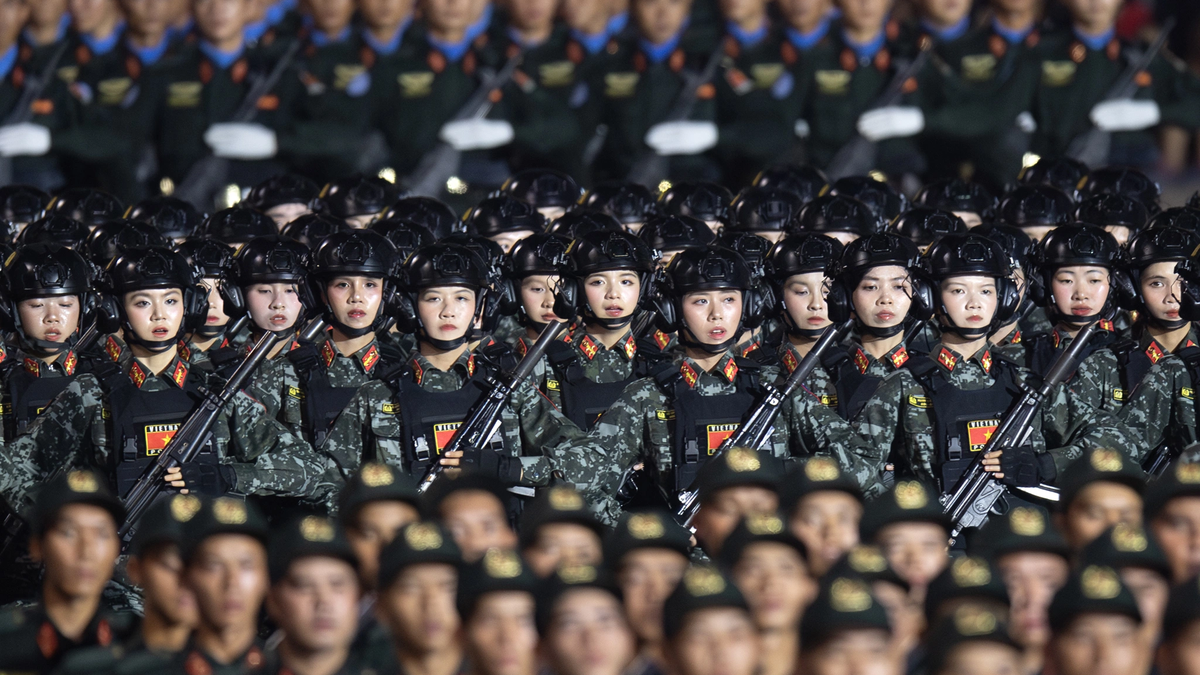

![[Photo] National Assembly Chairman Tran Thanh Man holds talks with New Zealand Parliament Chairman](https://vphoto.vietnam.vn/thumb/1200x675/vietnam/resource/IMAGE/2025/8/28/c90fcbe09a1d4a028b7623ae366b741d)

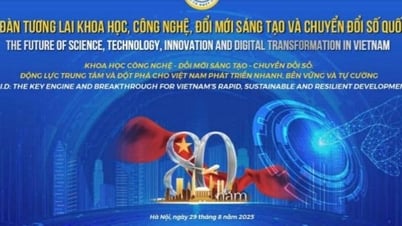





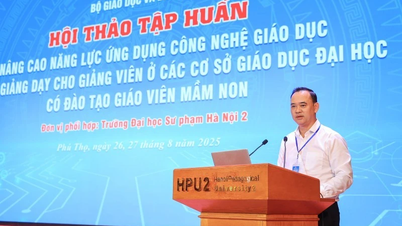


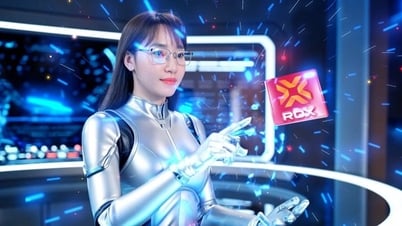





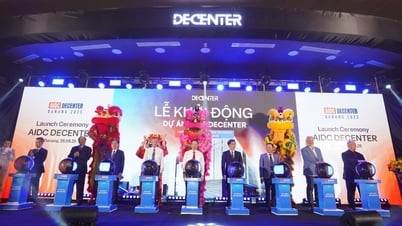











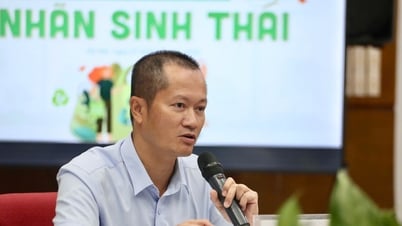




































































Comment (0)